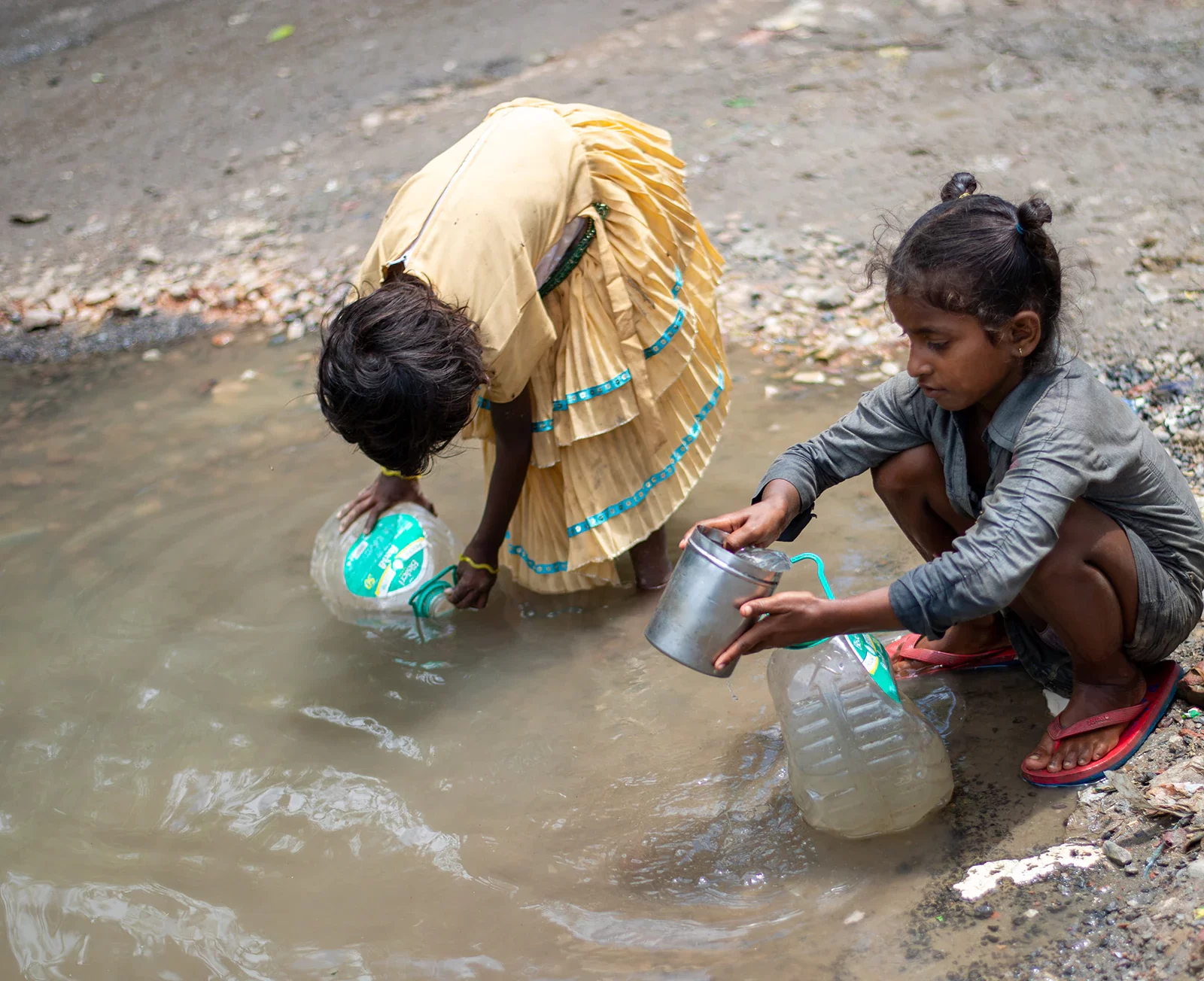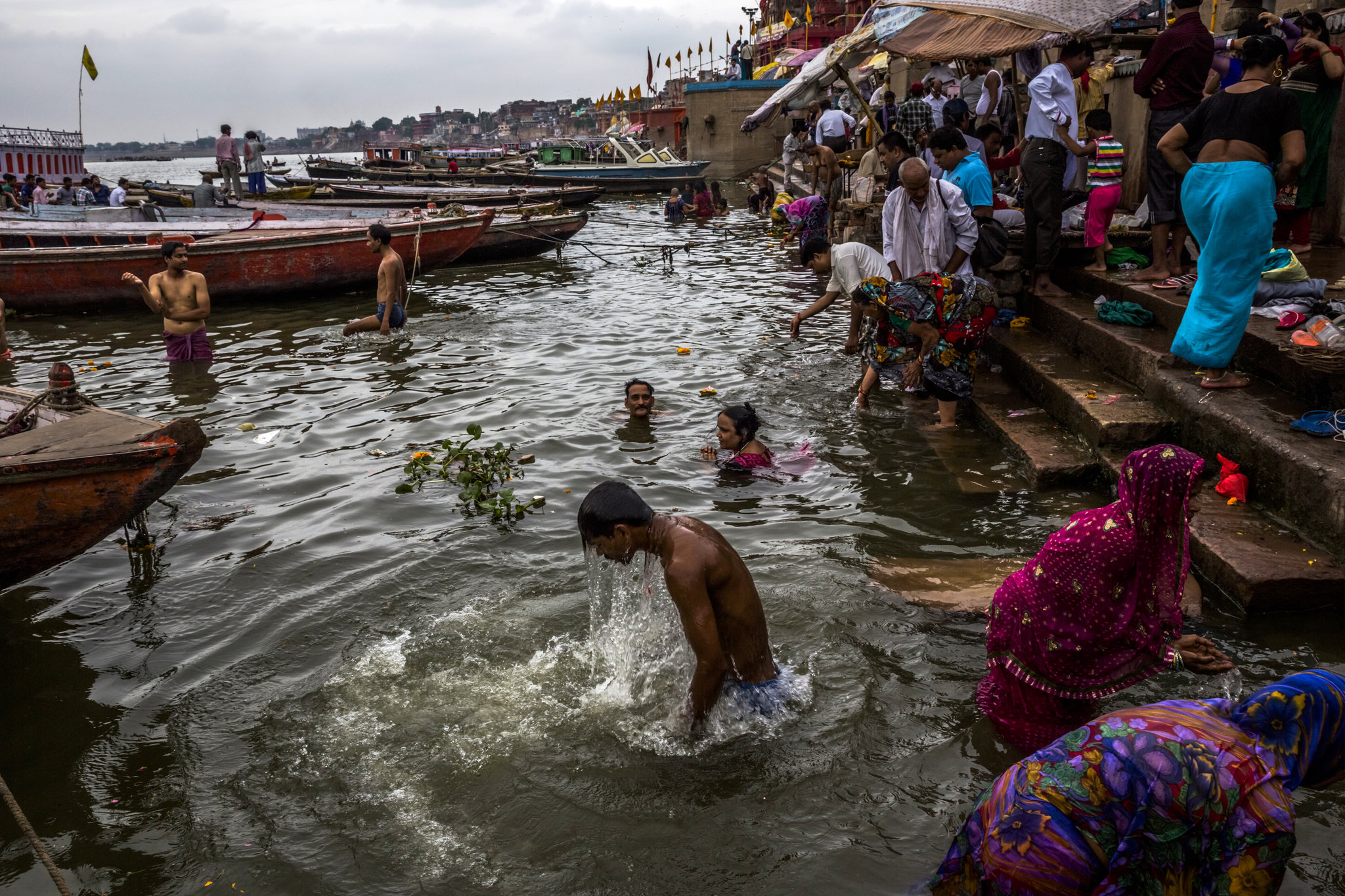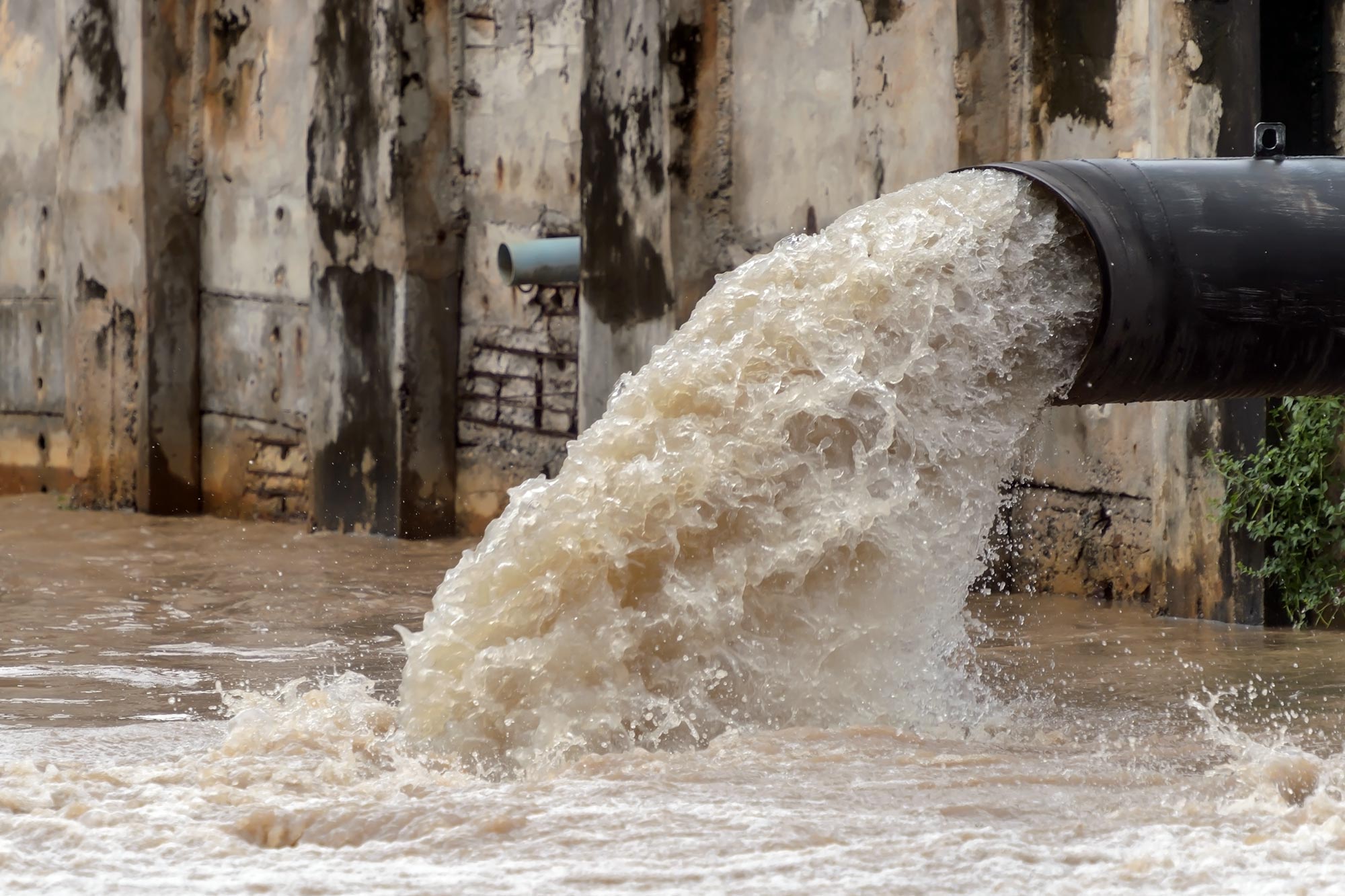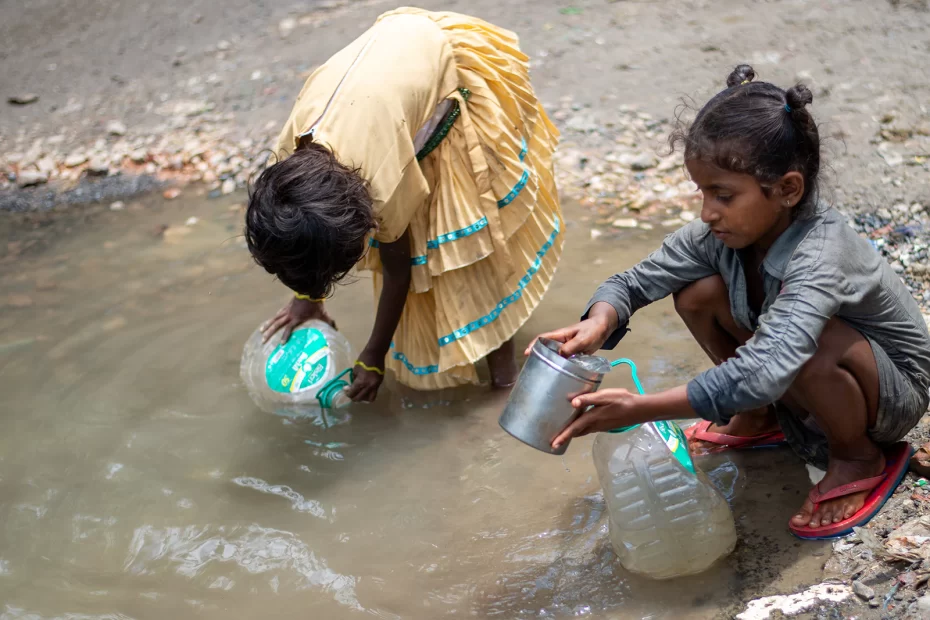Wastewater is liquid waste from hospitals, households, factories and any other facility using water. It contains substances such as plastic particles, human waste, microbial pollutants, food scraps, oils, soaps and chemicals. This includes water from domestic uses such as sinks, showers, bathtubs, toilets, washing machines and dishwashers. Businesses and industries also contribute their fair share of used water that consists of various chemicals and particles.
Ideally, wastewater is to be treated before disposal. However, in some instances, the current wastewater treatment methods are not enough. The treated water does not reach standards safe enough for the environment. This treated water eventually affects unsuspecting civilians who depend on nearby waterbodies.
Untreated wastewater is a breeding ground for diseases. It contains waterborne pathogens that pose a huge threat to humans. The World Health Organisation estimated that
around 1.5 million preventable deaths per year result from unsafe water.

The deaths, mostly being children. Another 8,60,000 children below five years of age are estimated to die annually as a direct or indirect result of unsafe water consumption.
Partially treated or untreated wastewater is known to be beneficial for agriculture. But at what cost? It has been found that while using wastewater for agriculture may result in great crops, it can be associated with major human health risk. Microbial outbreaks, skin disorders, diarrheal & parasitic infection, and other systemic infections were reported as common occurrences in places with this practice.
Cholera, Typhoid, Hepatitis A and Diarrhoea are just some of the diseases harboured in untreated water. A problem particularly prominent in densely populated areas that lack treatment facilities.
A 2018 study titled “Population density controls on microbial pollution across the Ganga catchment” highlighted how the rising population in India has effected sanitation and essentially the quality of surface water.
River Ganga supports nearly 500 million people by providing water for cooking, bathing, irrigation of crops and sustaining livelihood. It also hold great spiritual and cultural value for many. However, a recent report by the National Green Tribunal (NGT) has brought to light that 50% of untreated sewage and substantial industrial effluents are still being discharged in Ganga.
 Millions bathe in River Ganga even as wastewater flows directly into the river just above the bathing ghats.Daniel Berehulak for New York Times
Millions bathe in River Ganga even as wastewater flows directly into the river just above the bathing ghats.Daniel Berehulak for New York Times
Analysis has shown a significant relation between waterborne diseases and usage of the river water. The river water is correlated to severe diarrhoea, one of the leading causes of children deaths in India.
The Way Forward with Untreated Wastewater
The only solution towards a safer future and environment is to upgrade to more efficient wastewater treatment systems. India primarily works with centralised sewage treatment plants. All wastewater is collected and sent to a treatment plant that is responsible for a large area. A problem in one unit, collapses a whole system.
Introducing decentralised systems will increase the possibility of reusing the treated water and even recharging aquifers. There will be an improvement in the economy, a reduction in waterborne diseases, and residents will not have to keep purchasing water if their local aquifers get recharged.



